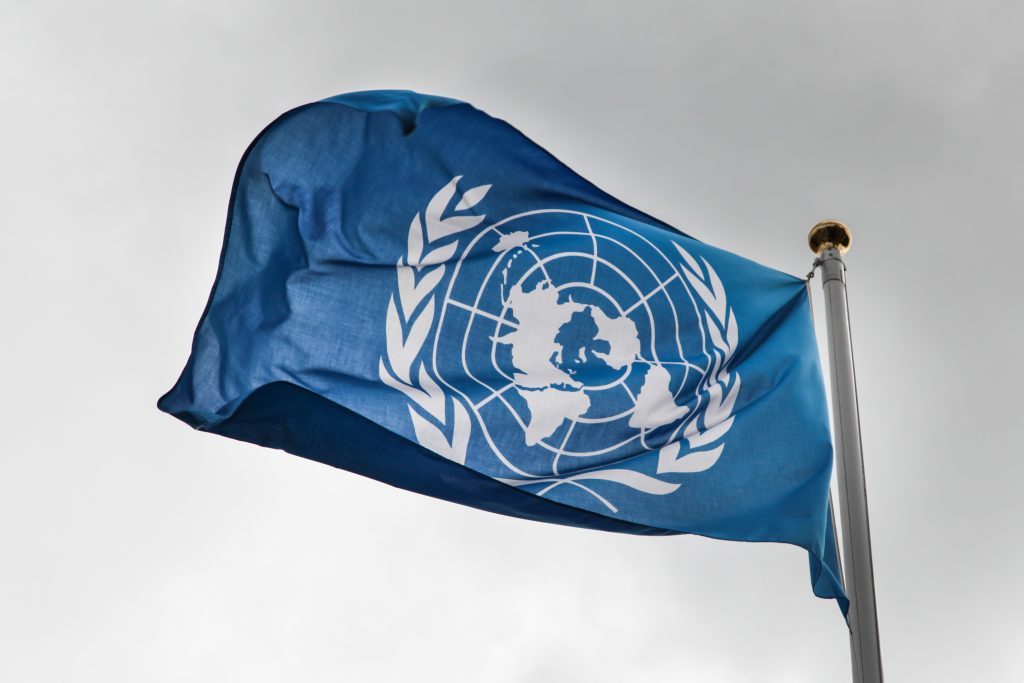
On 19 and 20 July, the UN Committee against Torture (CAT) considered the third periodic report of Romania. In its concluding observations following its review, CAT noted several concerns regarding the treatment of migrants and asylum seekers in the country, including the immigration detention of vulnerable groups such as unaccompanied children and victims of torture; reports of pushbacks; and a lack of mechanisms for identifying and protecting victims of trafficking.
Pushbacks at the Border
Rights violations at the Romanian border have received less attention than other countries in the Balkan region. But observers such as the Border Violence Monitoring Network (BVMN) have regularly documented instances of pushbacks–most commonly at the Romanian/Serbian border. According to UNHCR, there were 1,232 pushbacks from Romania in 2022–representing a significant decrease from the 13,409 recorded in 2020.
Testimonies collected by the BVMN show that pushbacks are often accompanied by violence and abuse. In one incident on 14 October 2022 originally documented by No Name Kitchen, a group of 11 Syrians reported being forced into a large pit where officers forced them to undress before hitting them with batons. Reportedly, the officers took all of the Syrians’ money and threatened to unleash their dogs on them–before allowing them to re-dress, then forcing them to run back onto Serbian territory.
Despite evidence gathered by groups such as BVMN, various European agencies have chosen to turn a blind eye. In its deliberations regarding Romania’s accession to the Schengen free-travel area, the European Council misleadingly noted in October 2022 that “Special focus is paid to the respect of fundamental rights” in Romania, and that “Procedural safeguards for third-country nationals pending return are adequately implemented and detention conditions reflect the administrative nature of the deprivation of liberty.”
Pushbacks violate the principle of non-refoulement and numerous other provisions in EU and international law. The EU Charter of Fundamental Rights and European Convention of Human Rights both prohibit collective expulsions, while the right to seek asylum is also established in the Charter of Fundamental Rights. In assessing the country’s practice of pushbacks, the UN Committee against Torture noted that: “The State party should refrain from engaging in pushbacks and refoulement and comply fully with its obligations under article 3 of the Convention by ensuring that all persons seeking protection in the State party have access to a fair and impartial review by an independent decision-making mechanism on expulsion, return or extradition.”
Detaining Children
CAT also highlighted in its recent concluding observations that Romania’s legislation provides that children can be detained if they are accompanied by a parent or legal guardian. Those who are unaccompanied can also be detained (in adult facilities) when there is doubt regarding their age and they await the results of age verification.
While several sources report that children were detained only infrequently in 2022, the fact remains that the country’s legislation leaves their detention legally valid. CAT therefore urged Romania to “refrain from detaining children, including accompanied children, and other vulnerable categories of people, facilitating this through revision of relevant legislation and the establishment of robust, effective and fully functional identification mechanisms endowed with sufficient human and financial resources, including staff specialised in relevant areas such as interpretation, gender-based violence and trafficking in human beings.”
Detaining children is a breach of the best interests principle enshrined in the Convention on the Rights of the Child, which the Committee on the Rights of the Child (CRC) has repeatedly underscored–including in its General Comment No.23/No.4 (2017) which states that “children should never be detained for reasons related to their or their parents’ migration status and States should expeditiously and completely cease or eradicate the immigration detention of children. Any kind of child immigration detention should be forbidden by law and such prohibition should be fully implemented in practice.”


